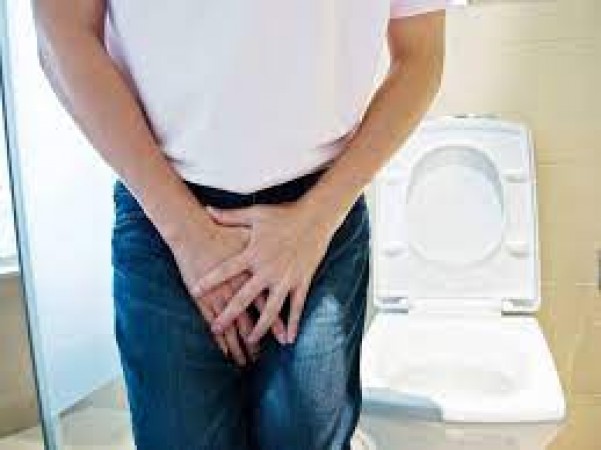
In this informative article, we'll delve into the common causes and expert opinions regarding the discomfort and pain people may experience during bowel movements. Bowel-related issues can be a sensitive topic, and it's crucial to understand the potential underlying reasons for this discomfort. Let's explore the insights of health experts to shed light on this matter.
Before we dive into the various reasons for pain during bowel movements, it's essential to grasp why this topic matters. Bowel movements are a fundamental bodily function, and any pain or discomfort associated with them can significantly impact one's quality of life. By addressing these issues, we aim to provide valuable information for those seeking relief and expert guidance.
Hemorrhoids, also known as piles, are a common cause of anal discomfort. These swollen blood vessels in the rectum or anus can lead to pain, bleeding, and itching during bowel movements. Health experts recommend dietary changes, topical treatments, and in severe cases, surgical intervention.
Anal fissures are small tears in the lining of the anus, often resulting from straining during bowel movements. These fissures can cause sharp pain and bleeding. Experts advise on managing anal fissures through dietary modifications, stool softeners, and topical creams.
Constipation occurs when bowel movements become infrequent or challenging to pass. This condition can lead to painful straining during defecation. Health experts recommend dietary fiber, hydration, and lifestyle changes to alleviate constipation and prevent pain.
On the opposite end of the spectrum, diarrhea can also cause discomfort during bowel movements. Frequent loose stools can irritate the anus and lead to pain. Health experts advise on identifying and treating the underlying causes of diarrhea.
Inflammatory Bowel Disease, including Crohn's disease and ulcerative colitis, can cause chronic inflammation of the digestive tract. This inflammation may result in abdominal pain and discomfort during bowel movements. Treatment often involves medications and lifestyle adjustments under expert guidance.
Anal prolapse occurs when the rectum protrudes through the anus, causing pain and discomfort during bowel movements. Surgical intervention is usually necessary to correct this condition, and a health expert's evaluation is crucial.
To gain a deeper understanding of these issues, we consulted with Dr. Sarah Mitchell, a renowned gastroenterologist with years of experience in treating bowel-related conditions. According to Dr. Mitchell:
"Hemorrhoids and anal fissures are quite common and can often be managed with conservative treatments. However, if the pain persists or worsens, it's essential to seek medical evaluation to rule out more serious conditions like IBD or anal prolapse. Proper diagnosis and treatment can make a significant difference in the patient's comfort and overall well-being."
To wrap up our discussion, here are some expert-recommended tips for achieving pain-free bowel movements:
A diet rich in fiber can promote regular and softer bowel movements, reducing the risk of pain and discomfort.
Adequate hydration is essential for maintaining healthy digestion and preventing constipation.
Avoid straining during bowel movements by sitting comfortably on the toilet and allowing your body to relax.
If pain during bowel movements persists or worsens, consult a healthcare professional for a thorough evaluation and personalized treatment plan. Pain during bowel movements can have various causes, from common issues like hemorrhoids and constipation to more complex conditions like IBD. Understanding these causes and seeking expert guidance is essential for achieving relief and maintaining optimal digestive health. By following the tips provided and consulting with healthcare professionals when necessary, individuals can work towards pain-free bowel movements and improved overall well-being.